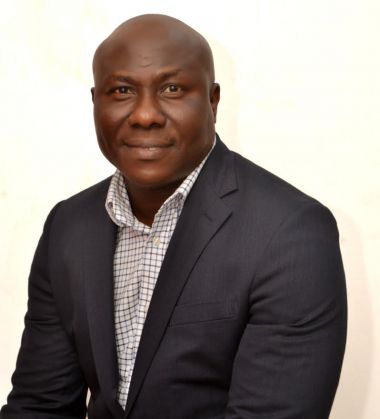Do our churches only engage in diversity when it's convenient for us?

As the old adage goes, 'accessibility is being able to get in the building, diversity is getting invited to the table, inclusion is having a voice at the table, and belonging is having your voice heard at the table'. The question is, what use is this so-called 'belonging' if voices are only heard out of courtesy and political correctness, and not genuinely taken into consideration?
For centuries, Western voices have dominated global Christianity and even today, that trend continues. Even though the Christian population growth of many majority world nations is now significantly outstripping that of Western nations, voices in these regions are still struggling to make themselves heard.
How can we create a mindset that recognises that until we begin to move to a place where we can accept the fact that without the "other" voices, the table is not complete?
Through organisations like Langham Partnership, voices of majority world leaders are being shared at the global table. We now have majority world scholars who are writing Biblical commentaries, hermeneutics, expository preaching and so on. But despite this, there are still a good number of organisations that do not acknowledge the changing dynamics at play.
Personally, I have been asked a couple of times to give an application to a biblical passage from an African context by a few Western ministry colleagues, rather than simply ask me for the meaning of the biblical passage. The implication is that I only have an African application or perspective but not its full meaning. I do not believe that there are different interpretations of the Bible based on our ethnic or social contexts, rather that all of us from diverse contexts contribute to the singular interpretation of the Bible.
So many times, I've heard stories where churches and organisations have got the complete wrong end of the stick, aiming to get ethnic and cultural minorities into leadership positions to help 'give them a voice'. The problem is not that these leaders do not have a voice - they do, and in reality, no one can give them a voice anyway. But the challenge is that some people have either refused to listen or they listen selectively.
What the global table needs to do is first, listen to their voices, evaluate the gaps they fill, and then accept that without them the discussion at the global table is not complete, and is in fact sorely lacking.
God's people need to realise that diversity is first and foremost a gospel phenomenon and not an optional or pragmatic extra. Secondly, we cannot choose to engage in diversity only when it is convenient for us. One of the marks of true diversity is the pain that we would go through during its outworking among us. The third reason is that we interpret differences in terms of superiority or inferiority, rather than see difference/s for the purpose of unity in diversity. This attitude is usually displayed by the dominant culture within a given context.
The gospel is not influenced by any culture, rather it is the gospel that influences all cultures.
The transmission of the gospel needs relevant local witness within any culture for it to be well transmitted. When the gospel travels across cultural boundaries - which it does all the time - it automatically wears a different cultural expression, though the gospel itself does not change. These expressions are what bring diversity to the global church, which in turn gives us the opportunity to learn from one another about the outworking of Christ through many different parts of His body.
Even in cross-cultural preaching, we need to understand that words mean different things to different people. I once asked for a latte at a coffee bar in Italy and received a glass of milk. Imagine my surprise! I insisted that I wanted a latte and the lady at the coffee shop also insisted that she had given me my order. It was a gentleman who understood my context that explained my perspective to the barista that I wanted coffee with milk and not simply milk.
I know churches in England where some non-western Christians who are socially, educationally, or economically less privileged were not allowed to lead church services or public prayers, because the leadership could not trust them to do so in their own particular ways. Therefore, such folk were usually denied the privilege of participating and adding to the rich diversity of church life.
So, how can we create a mindset that recognises that until we begin to move to a place where we can accept the fact that without the "other" voices, the table is not complete? I suggest that first, we return to the gospel through which we find the love of Christ for all peoples. We are all accepted into God's family through faith in Christ alone, and this family comprises people from diverse contexts in life. This is how we grow in our practice of diversity and belonging.
Rev Tayo Arikawe is International Director of Langham Partnership International. To find out more about Langham Partnership, visit: https://uk.langham.org/bookmark/











